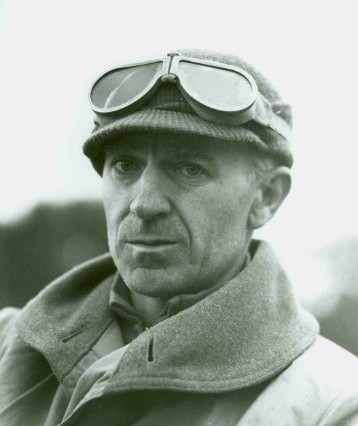Introduction
The most famous war correspondent of World War II, Ernest “Ernie” Taylor Pyle (1900–45) began working for newspapers in college at Indiana University. Beginning in 1934, he contributed a national column to the Scripps-Howard news service about his travels throughout America, recounting the interesting people he met along the way. When World War II broke out, he traveled to the front lines in Europe, North Africa, and the Pacific, writing about the war from the common soldier’s perspective. In 1944, he was awarded the Pulitzer Prize for his efforts. The following year, on April 18, 1945, he was killed by Japanese machine-gun fire on the Japanese island of Lejima, where he was buried with his helmet on among the soldiers and Marines he wrote about.
Only some of a soldier’s wartime experience is experience of battle. As Ernie Pyle’s account makes clear, much of his time is spent in more prosaic things. Why do the soldiers enjoy digging? Grousing? What do their digging and their grousing have in common? Do you share the soldiers’ reaction to the letter? What do you make of their light humor? What does this story tell us about the relation between men at war and life—including army life—back home?



Post a Comment